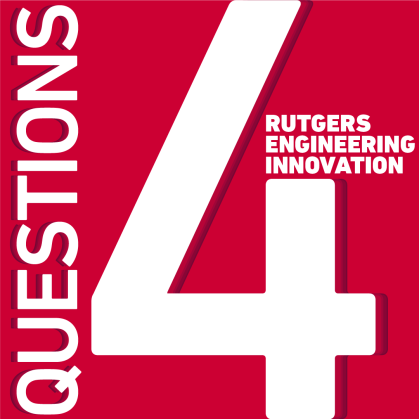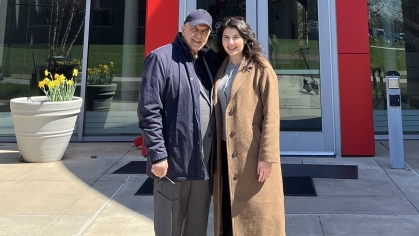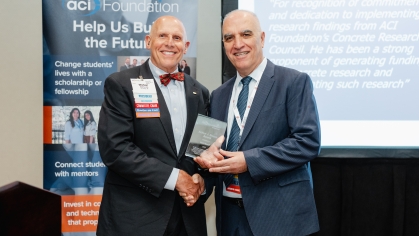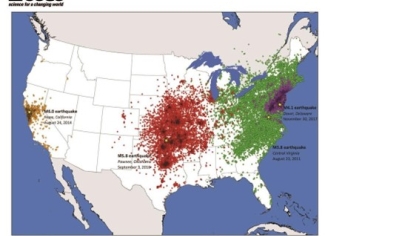4 Questions for Associate Professor Farenfeld

Research projects probe everything from marine plastic pollution to wastewater-based epidemiology
Since joining the Rutgers University School of Engineering faculty in 2013, associate professor of civil and environmental engineering Nicole Fahrenfeld has led a research group that works at the interface of environmental chemistry and environmental microbiology. Her goal is to gain an understanding of contaminant fate and transport in surface water, groundwater, and the built environment, while promoting water quality and sustainability.
Current projects include a New Jersey Sea Grant-funded interdisciplinary study mapping and characterizing microplastic pollution in the Raritan Bay. Her team’s recently published exploration of sewer biofilm ecology and antibiotic resistance gene carrying bacteria could result in improved disinfection methods – and a heightened understanding of coronavirus and other public health threats.
She is the recipient of a 2019 National Science Foundation CAREER Award for a project that uses novel techniques to track the transmission of antibiotic resistance through the environment.
Four Questions for Prof. Nicole Fahrenfeld

What drew you to civil and environmental engineering and what led to your current research pursuits?
I was drawn to study environmental engineering from articles I read about environmental issues while working at a geoscience library and volunteering at a children’s environmental health organization one summer during college. An internship at the US Environmental Protection Agency working on a toxicology database solidified my interest in studying chemical fate and transport in the environment as a graduate student. During my training, I worked on projects tracking the sources of fecal pollution and bioremediating pollution from munitions.
Today my research group works on chemical and microbial water quality issues in natural and engineered systems. At the moment, there is one team working on plastic pollution in aquatic environments. The other team is working on a range of topics in applied microbiology, including the environmental dissemination of antibiotic resistance, non-tuberculosis mycobacteria in drinking water, wastewater-based epidemiology, biofiltration for drinking water treatment, and more.
What most inspires and excites you about your current research projects?
The linkage between water quality and public health is the motivation behind most of our lab’s current projects.
Who will most benefit from your research results?
Hopefully, the benefits are felt across the spectrum of stakeholders participating in making decisions to protect water quality. The data and results our lab generates should not only be useful to regulators, utilities, consulting engineers, and researchers, but also to the broader public that enjoys the many ecosystem services clean water provides.
How are students contributing to your research projects? Has the pandemic affected their involvement?
One of the best parts of being at Rutgers is working with our diverse student body that has a wide range of backgrounds and career goals. Watching them grow – and getting to be a small part of their journey – is certainly a job perk.
In my lab, students can contribute to research from ideation to the presentation of results. Often this may involve performing field work – waking up early to go sample water on the R/V Rutgers research boat; putting on waders or rain gear to get river or runoff samples; or working with a utility partner to collect water or wastewater samples.
In the lab, some students are working on analytical techniques to better characterize potential microbial hazards. Others are working to evaluate the effectiveness of emerging treatment technologies.
Usually, students work in teams with undergraduates assisting graduate students in the field and in the lab. Unfortunately, the pandemic has limited the number of students that can safely share lab space, so the undergraduates are all performing tasks that can be done remotely. We look forward to when it will be safe to have everyone back at the bench!


